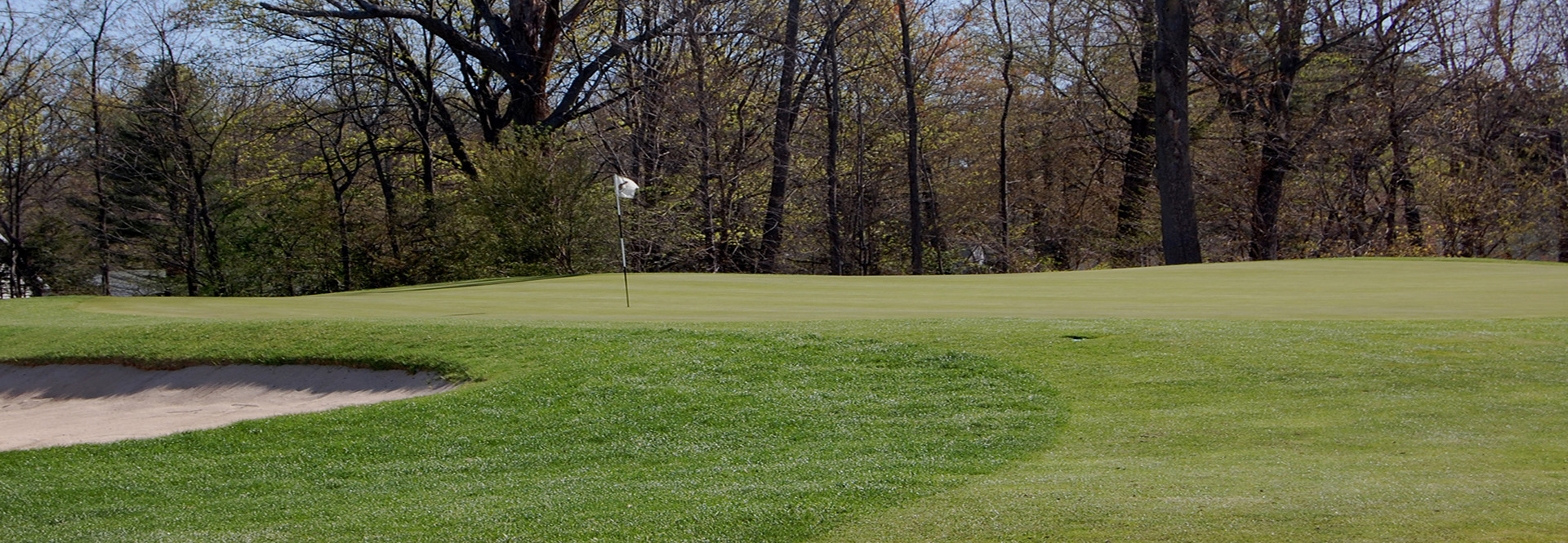Fingers crossed and umbrellas in their trunks, Connecticut golfers embarked last weekend on what they hope will be a season of kinder, gentler weather than in 2018. It looks promising, thanks to a winter that treated turf kindly.
Though rain followed during the week and, indeed, predictions of more rain cancelled the CSGA’s second One Day Tournament at Stonington, the mood remained upbeat. Why? That sympathetic winter.
“It’s great,” said Scott Ramsay, golf superintendent at the Course at Yale, hard hit by last year's brutal weather. “This year the transition from winter to spring has been much more consistent. The winter much milder.” Director of Golf Peter Pulaski agreed. “The winter this year was very mild to the golf course and besides the wind that caused lots of branches and sticks to fall, the turf looks really good with very little snow mold or ice damage.”
Snowfall—not always a bad thing for turf but a headache for openings—was 15 inches below average this winter, meaning that many Connecticut courses opened prior to April 1. Most are now open for good. “About mid-January a year ago we got a freeze that came in and just stunned the plants,” said Ramsay. “There were some courses where turf burned because of that. At Yale and other places the turf didn’t burn but it was just stunned. Jolted. Then the year continued with the highs and then lows and then highs again the plants were really confused.” What followed was drought and then deluge. One amazing September Tweet from Ramsay: “6.35 inches of rain at Yale today.” The Connecticut Four-Ball Championship there was postponed twice.
Let's hope Mother Nature is paying us back for the suffering she inflicted in 2018.









